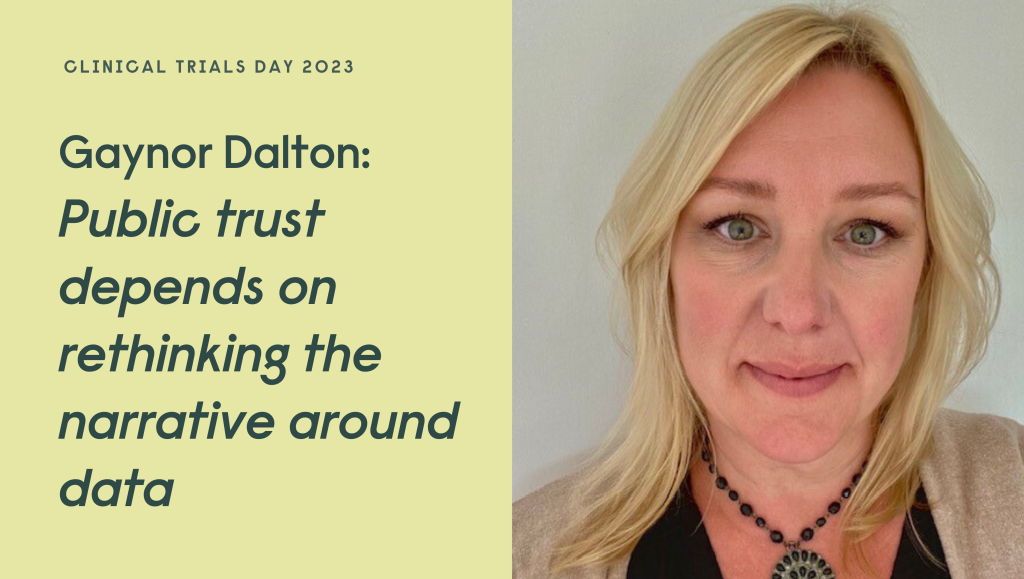Public trust depends on rethinking the narrative around data
This Clinical Trials Day, hear from some of the people behind our work at Protas.
Clinical Trials Day was launched on 20 May 2005 to commemorate the date James Lind began the first controlled clinical trial in 1747, laying the foundation for modern clinical research.
This year, we’re speaking to colleagues about some of the most pressing issues we face – and what we can learn.

Our health and care information is one of life’s most precious – and understandably protected – assets.
It can help us research and find life-saving treatments for health conditions. It supports the effective running of health services around the world. It is used to manage epidemics, pandemics, and to plan for the future.
At Protas, our mission to reduce the global burden of common diseases by revolutionising the way large-scale, randomised clinical trials are run depends on people’s health data. The sensitive nature of this information means that it warrants the highest level of protection.
With public trust being critical to achieving our mission, it’s important that we take opportunities like Clinical Trials Day to share how we ensure that trust is upheld.
At its most basic, we must ensure compliance with the laws and applicable principles that govern the collection and use of confidential patient information. In my role, I ensure the systems and processes we have in place at Protas enable safe, appropriate and ethical handling of the data we collect and use.
It’s important to note that this isn’t about just ticking a box or doing only the minimum required. We want to set the highest standards for ourselves and for others.
I believe this begins with open and transparent communication at every stage of a clinical trial.
For instance, we will always seek to communicate with people – the public, patients and trial participants – in a way that is engaging and meaningful. This includes actively looking to aid understanding and increase confidence about how data is being used and protected.
We must also provide people with the right information to enable informed decision making about taking part in a trial and about how their data will be used.
Transparency, by which I mean true, genuine transparency, rather than a buzz phrase, is about clearly communicating, informing and showing what we do to meet our obligations in law.
All too often, data protection principles and information governance requirements are perceived as a barrier to data use. But used well, they are enablers.
We have a pressing need to turn the negative narrative on its head and instead recognise the opportunity that the legislative framework provides us for innovative use of data.
We must ensure people are aware of their rights in relation to their data, and we must provide meaningful insight about the huge benefits that can be achieved.
There is so much opportunity to do better where data is concerned, but also to create a new, constructive narrative, one that puts understanding at the heart of the matter. In asking people to share their precious data with us, it’s the very least that we can do.